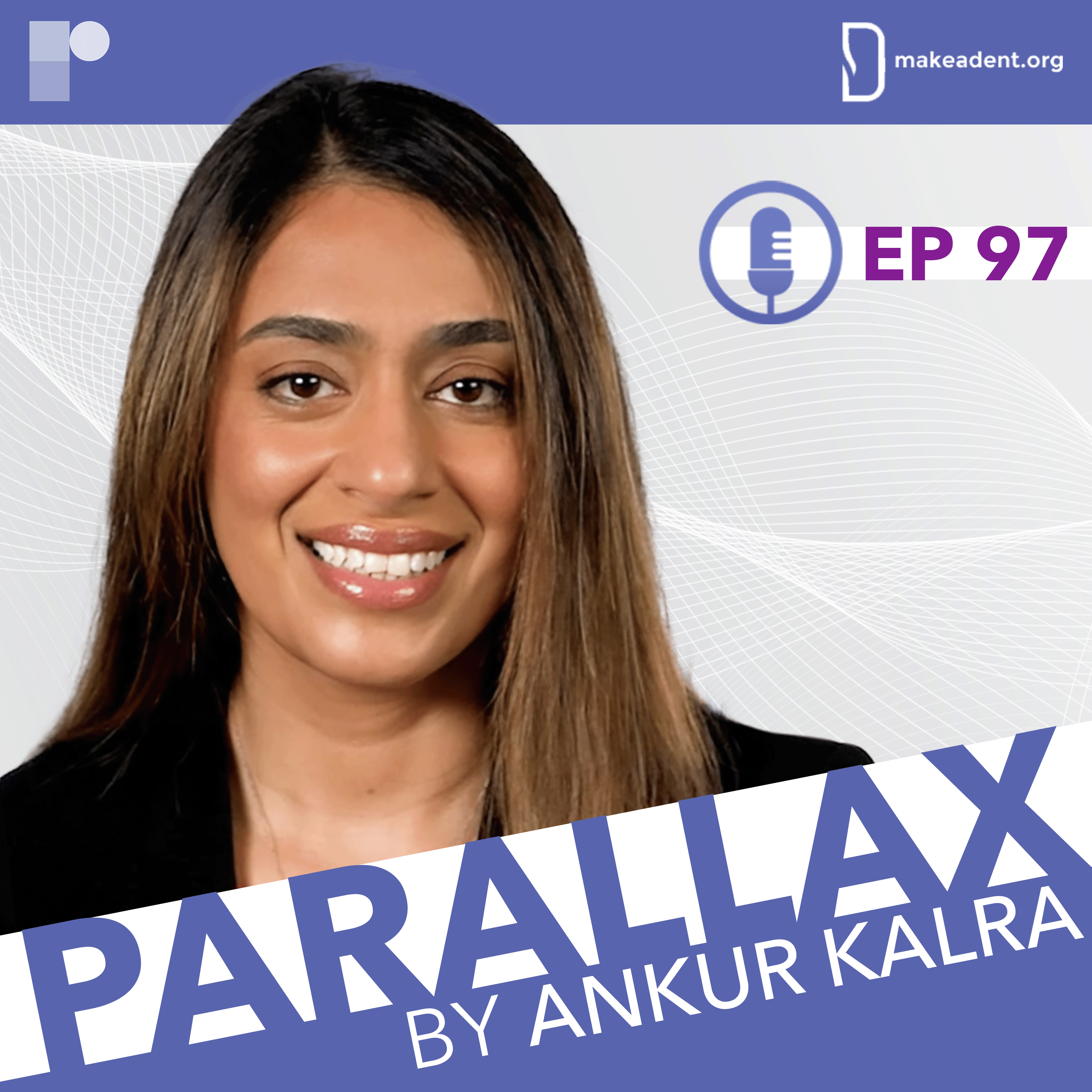
In the finale of our series "Conversations about Hypertrophic Cardiomyopathy", Dr Ankur Kalra welcomes, Dr Anjali Tiku Owens, for a dynamic and practical discussion.
Dr Owens is Medical Director of the Center for Inherited Cardiac Disease and Associate Professor of Medicine at the Hospital of the University of Pennsylvania.
This series is supported by an unrestricted educational grant from Bristol Myers Squibb. Please see www.camzyosrems.com for important safety information.
In this week’s episode, Dr Kalra and Dr Owens take us on a journey through the complexities of hypertrophic cardiomyopathy (HCM), with focus on the diagnostic challenges and breakthroughs in this field.
Emphasising with the critical importance of making accurate diagnoses, Dr Owens shares her insights into identifying the common mimickers of HCM through a structured approach starting with taking the patients history.
As the conversation delves deeper, Dr Owens discusses the various diagnostic tools and tests used to rule out other conditions and uncover the underlying aetiology. She navigates us through the algorithm for interpreting genetic test results, differentiating pathogenic variants, benign variants and variants of uncertain significance (VUS). Dr Owens talks about the wider implications for family members and the cases in which she recommends screening.
Dr Kalra asks Dr Owens about her approach to exercise in HCM patients. Additionally, they cover the debated topic of defibrillator therapy and the use of HCM Risk-SCD risk calculator.
Dr Owens provides an overview of the treatment paradigms for HCM, touching on haemodynamic classifications, symptomatology and the evaluation of sudden death risk.
What are the most common mimickers of HCM? What is Dr Owens and her heart team approach to decision making? What is the role of genetic testing in patients with HCM?
This content is intended for US-based physicians.
This series is supported by an unrestricted educational grant from Bristol Myers Squibb.

As we adapt to the changes brought about by the pandemic, Dr Singh outlines the necessary steps to foster a reality in which we can utilize these technologies to create more time for human connection.

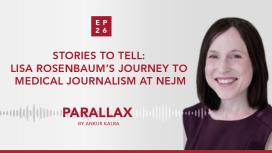
In this edition of Parallax Dr Kalra asked Dr Rosenbaum about the influences that shaped her choices as a writer and as a healthcare professional. Dr Rosenbaum opens up about her childhood and how she connected to her grandfather through writing and medicine. We learn about Lisa’s first day at medical school and her latest writing project.
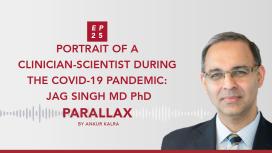
Jagmeet P Singh, associate chief of the cardiology division at Massachusetts General Hospital and professor of medicine at Harvard Medical School joins Ankur Kalra for a deep conversation about his journey across three continents. Dr Singh talks about the importance of choosing fulfilment over success. We gain more insights on the recent late-breaking trial, MADIT-CHIC focusing on cardiac resynchronization therapy. Ankur asks Jag about his experience of being on the other side of the healthcare system and his enrolment in the since halted remdesivir trial.
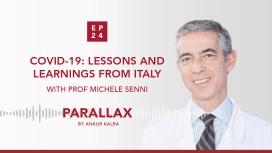
Prof Michele Senni is Director of Cardiology at Papa Giovanni XXIII Hospital, Bergamo Italy. He contracted COVID-19 himself and in this latest podcast he meets with Ankur Kalra, MD to discuss his personal experience in dealing with patients and COVID-19 in Europe’s outbreak epicentre.
Hear them discuss the burden on healthcare, patient selection, the importance of testing and PPE and how COVID has resulted in a reduction of acute myocardial infarction and heart failure in patients.
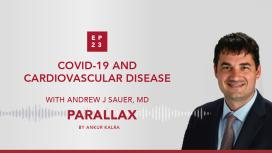
In this latest episode, Ankur Kalra, MD meets with Andrew Sauer, MD, co-author of an upcoming paper in US Cardiology Review on COVID-19 and Cardiovascular Disease that provides a concise and current summary of cardiovascular complications from COVID-19.
Hear them discuss the latest issues surrounding the pandemic, the known cardiac implications and the rapidly emerging data.
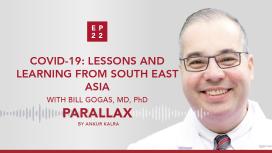
Hear Bill’s take on how East Asia responded to and successfully managed the pandemic and how they are now seeing a significant reduction in cases outside the epicentre. Hear how the strategy resulted in only 93 patients in Bill’s city of Nanjing, testing positive for coronavirus with a city population of 8 million.
Learn about effective responses, the importance of early control and how as a cardiovascular physician, your life and practice may be impacted by the virus.
Submit your question to Ankur via: podcast@radciffe-group.com.
Hosted by @AnkurKalraMD. Produced by @RadcliffeCARDIO.





